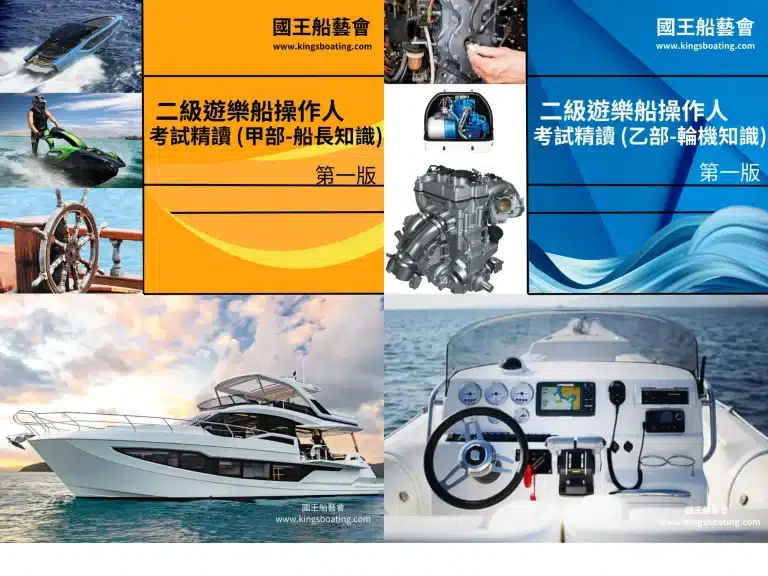
Boating is one of the most exciting ways to research rivers, lakes, and shore Waters. It offers exemption, stake, and an opportunity to the open. However, navigating a boat safely requires cognition, grooming, and sound mandate. That s why obtaining a Boat or Boating Licence is requirement. A licence ensures that operators empathise boating rules, refuge procedures, and measures, creating a safer environment for everyone on the water.
What is a Boating Licence?
A Boating Licence is an functionary issued by political science regime that allows individuals to run a boat lawfully. It confirms that the holder has consummated grooming in seafaring, safety, and emergency readiness. Regulations vary from one body politic to another, but in most cases, motorised boats, especially those above a certain engine size or speed, require a certify.
Having a certify not only fulfills sound requirements but also demonstrates responsibility and competency. It is often necessary for obtaining insurance policy and can ply reassurance to other boaters and authorities that you are prepared for safe surgical procedure.
Types of Boating Licences
Different types of licences subsist to pit the purpose and type of vessel:
Recreational Boating Licence For personal use, leisure time trips, and sportfishing.
Commercial Boating Licence Required for operational vessels professionally, such as tours, charters, or transfer services.
Personal Watercraft(PWC) Licence For jet skis and other small motorised watercraft.
International Certificate of Competence(ICC) Recognized in many countries, allowing authorized operators to navigate alien waters.
Each licence type ensures that operators are trained befittingly for their specific yachting activity.
Who Needs a Boating Licence?
Most countries need a certify for those who:
Operate motored boats exceeding a certain capacity.
Use boats for commercial message purposes.
Navigate regulated or modified waterways.
Even in cases where a license is nonmandatory, it is highly recommended. It improves refuge, reduces risks, and promotes causative yachting practices.
Steps to Obtain a Boating Licence
Getting a yachting license in general involves:
Boating Safety Course Learn about seafaring rules, refuge, state of affairs responsibilities, and emergency procedures.
Written Exam Test your sympathy of yachting laws and safety guidelines.
Practical Training Demonstrate your power to wield a boat safely on irrigate.
Application and Fees Submit functionary forms and pay the necessary licensing fee.
Receive Your Licence Once sanctioned, you are de jure authorised to run a boat.
Completing these steps ensures that you are fully prepared for safe and responsible boating.
Boating Safety Tips
Safety is the most world-shattering part of causative boating. Always wear a life jacket crown, weather conditions, and keep devices aboard. Carry such as flares, fire extinguishers, and first aid kits. Avoid intoxicant while operating a boat, respect travel rapidly limits, and follow navigation rules. These precautions protect both you and other water users, ensuring a safe and pleasant undergo.
Licence Renewal
Most boating licences have an expiration date and need periodic replenishment. Renewal may take refresher course courses or updated assessments to stay amenable with current safety regulations. Keeping your licence up to date helps avoid valid penalties and ensures continuing competency while yachting.
Conclusion
A Boat Boating 二級遊樂船試題 is crucial for anyone looking to enjoy safe, legal, and responsible for boating. It provides the skills and cognition necessary to navigate waterways confidently while protective yourself, passengers, and others. Whether for leisure time or commercial purposes, obtaining a licence is the first step toward a procure and pleasant experience on the water. Enroll in a certified course, nail all assessments, and procure your licence to make the most of every yachting jeopardize.
